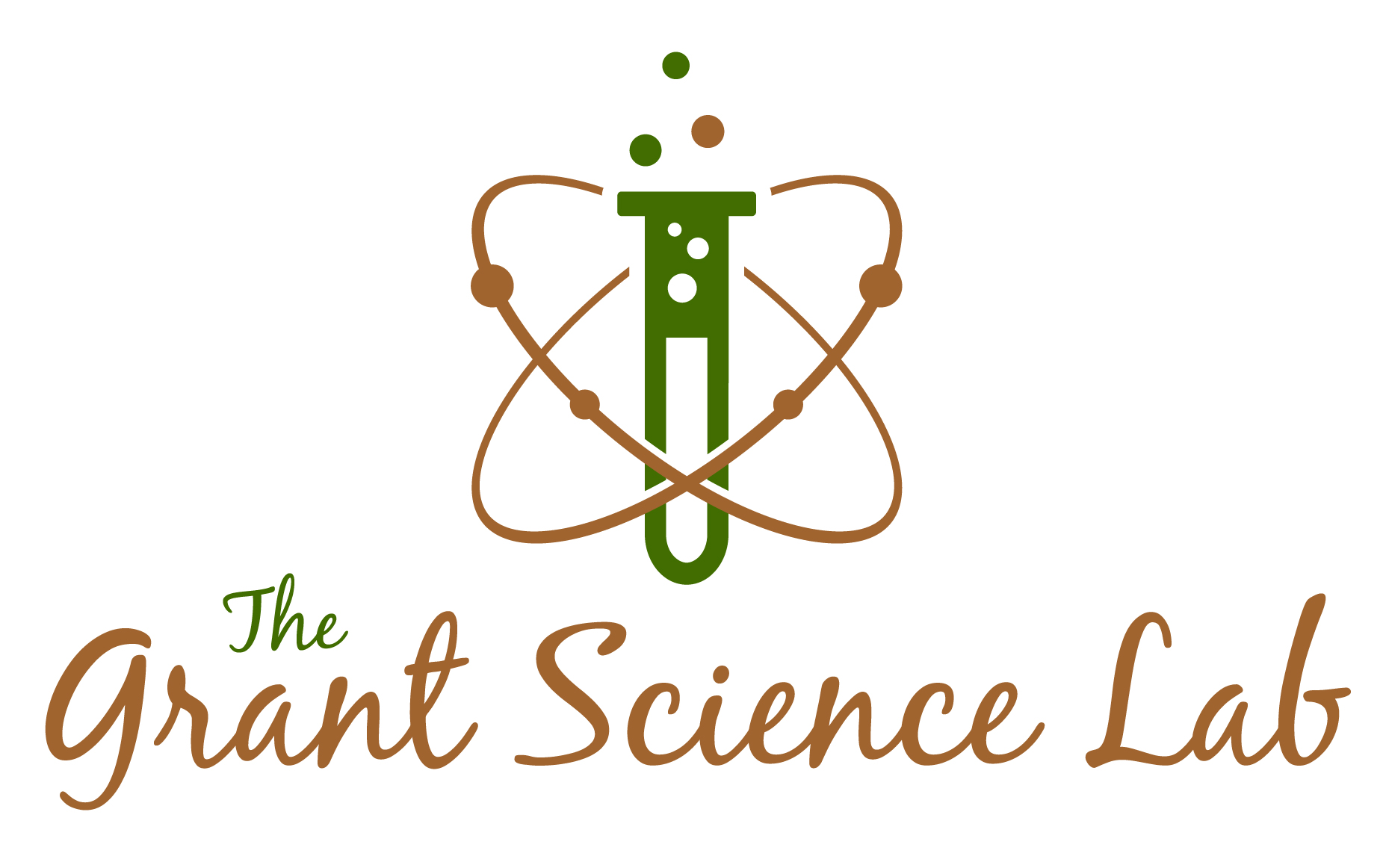Grant Writing Webinar & More To Come
 I am jumping off the webinar cliff in the next week or two. Since I used to teach general biology for majors among other classes, I should know something about giving presentation to large and small groups. On July 10 or thereabouts, I am joining forces with Stefanie Robel of Stefanie Robel Consulting as a guest and co-presenter on our joint topic of storytelling for scientists:
I am jumping off the webinar cliff in the next week or two. Since I used to teach general biology for majors among other classes, I should know something about giving presentation to large and small groups. On July 10 or thereabouts, I am joining forces with Stefanie Robel of Stefanie Robel Consulting as a guest and co-presenter on our joint topic of storytelling for scientists:
How to Get Research Grants Funded and Give Killer Scientific Talks.
Stefanie is originally from Germany and has a unique perspective on scientific presentations. Subscribe to my newsletter for updates about the webinar, more trainings, and other services. Watch for more updates here at The Grant Science Lab, on twitter @grantsciencelab , @DeborahCook6 and Facebook. Please respond to my short survey on Academic Consulting Services, so I may better serve the needs of academic scientists with grant proposal preparation and career goals.
Myths of the Colleague Proposal Review
 A frequent piece of advice in academic science is to have someone else read your grant proposal before submission. That advice usually means having a colleague review your grant proposal. Another pair of scientifically literate eyes can determine whether your ideas engage the reader and tell a good research story. An extra pair of eyes can also find grammatical, spelling, and syntax errors.
A frequent piece of advice in academic science is to have someone else read your grant proposal before submission. That advice usually means having a colleague review your grant proposal. Another pair of scientifically literate eyes can determine whether your ideas engage the reader and tell a good research story. An extra pair of eyes can also find grammatical, spelling, and syntax errors.
Grant writing and reviewing groups are advantages within research associations and collaborations where this kind of collegial review occurs for a few lucky scientists. The rest of the research community is mostly on its own. Most faculty members are on their own because they are just as busy as their mythic colleague with the duties of teaching, research, and service. Likely, nobody has the time required for a deep review of a proposal that isn’t theirs. The mythic colleague doesn’t have time for significant mentoring through the grant proposal process either.
The Professorial Path
 Science career advice ebbs and flows with no discernible pattern. Advice flowed freely this past week and I am jumping into the waves. Several posts on research grants, teaching, and the future of scientists in the 21st century caught my attention and provoked me to comment on them. The best research grant writing advice I’ve seen in my entire academic career comes from #Hopejahrensurecanwrite. Using the hilarious example of analyzing rat vomit for unique amino acids with yet unknown techniques and equipment she conveys a novel approach to answering a research question while engaging the readers’ interest. My associate chair spouse and former PI and I laughed ourselves silly through the whole thing. She tells a good story. This is the kind of grant proposal writing advice faculty, students, and postdocs really need. My last funded grant proposal told a good story. An extramural mentor with grant writing, PI, and faculty experience can offer that advice to faculty at any career stage.
Science career advice ebbs and flows with no discernible pattern. Advice flowed freely this past week and I am jumping into the waves. Several posts on research grants, teaching, and the future of scientists in the 21st century caught my attention and provoked me to comment on them. The best research grant writing advice I’ve seen in my entire academic career comes from #Hopejahrensurecanwrite. Using the hilarious example of analyzing rat vomit for unique amino acids with yet unknown techniques and equipment she conveys a novel approach to answering a research question while engaging the readers’ interest. My associate chair spouse and former PI and I laughed ourselves silly through the whole thing. She tells a good story. This is the kind of grant proposal writing advice faculty, students, and postdocs really need. My last funded grant proposal told a good story. An extramural mentor with grant writing, PI, and faculty experience can offer that advice to faculty at any career stage.


